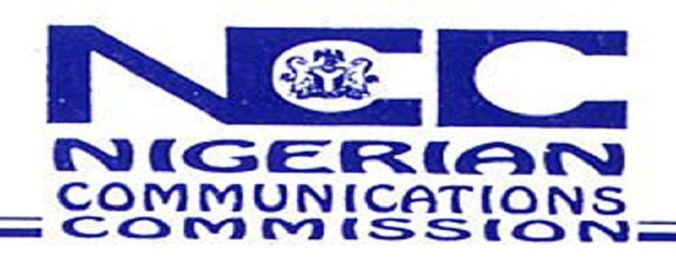High cost of leasing fibre optic infrastructure has been blamed for the desire of telecommunications operators to seek ownership of that transmission link, Nigeria Communicationsweek has learnt.
Metro or national fibre optic infrastructure is required by telecommunications operators to transmit bandwidth from where they are bought to their network operating centres for service delivery especially data.
Stakeholders in the telecommunications space have attributed lack of transmission infrastructure in the country to poor service delivery and high cost of data services especially in cities outside of Lagos where most of the undersea cable that brought bandwidth to the country land.
Against this backdrop that operators seek ‘Right of way’ approval to enable them lay fibre optic along state and federal roads to move bandwidth required to deliver services to their subscribers.
Abhulime Ehiagwina, chief financial officer, ntel, a 4GLTE operator, said at a recent Nigeria Information Technology Reporters Association (NITRA) ‘breakfast meeting with the CEO’, that high cost of leasing fibre optic from owners of the infrastructure does not make economic sense compared to owning the link.
“Imagine if we lease fibre to deliver service from Port Harcourt to Aba, it will cost us N20 million per month. The question is, how many subscribers can we get in a short run that will cover this amount and other associated cost in delivering service to Aba? This is why operators seek ‘Right of way’ approval to lay their own fibre links,” he said.
Nigeria CommunicationsWeek investigations revealed that leasing of intra city fibre optic is not cheap either as it costs N200, 000 to lease fibre to transmit 20mega of bandwidth for Victoria Island to Ikeja in Lagos Nigeria.
It was in response to this that Nigerian Communications Commission (NCC) has licensed InfraCos that are expected to deploy fibre optic infrastructure for operators to lease at competitive cost.
Nigeria CommunicationsWeek also gathered that some existing national and metro fibre links are not being use by operators as a result of high cost which is why stakeholders are calling for articulated business friendly policy in the deployment and provision of telecommunications transmission infrastructure in the country.
Ajay Awasthi, chief executive officer, Spectranet, a 4G LTE internet service provider, said that it costs higher to move bandwidth from Lagos to Ibadan than moving it from London to Lagos.
Engr. Samuel Adeleke, immediate past president, Internet Services Providers Association of Nigeria (ISPAN) said that licensing of spectrum as a way to increase broadband penetration is not enough to achieve the target.
“NCC needs to look at the proper use of its licenses moving forward. For instance, Globacom has invested in intra-city and inter-city fibre network, which are presently not in use. This infrastructure is required to increase broadband penetration in the country, the regulator should ensure the effective utilization of licensed spectrum,” he said.
